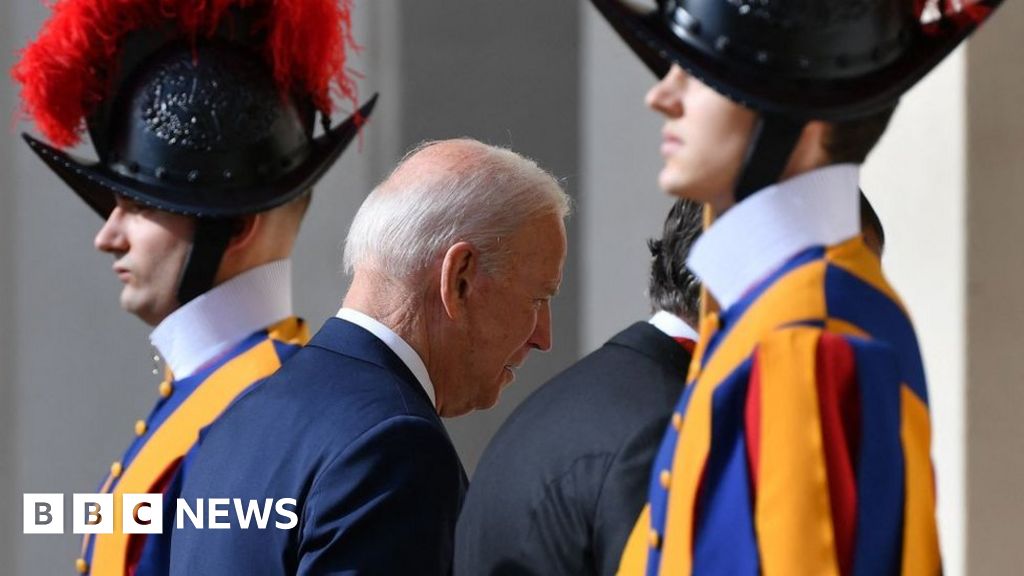Turkey Troubled by Five Negotiation Points
It now seems that, contrary to the expectations of the public, there will be no large financial donations coming from the EU. Turkey has to convince the EU accept from the onset of the negotiation process that it has a functioning market economy or negotiations may not begin on over 20 points related to the economy.
Turkey will ask the EU for a transition period on issues like economic and monetary unity, independence of the Central Bank, free circulation of services, free circulation of goods and commodities, and the natural environment at the end of the negotiation process. It will also communicate to the EU that it will not be able to enact legislation in these areas immediately once full membership is achieved. It is also expected that the EU will grant Turkey a transition period for development in the areas of stockbreeding and food, nutrition, and nourishment safety.
Diplomatic sources think that a screening process has in effect begun regarding the decision of April 2000 about the detailed analysis of the acquis communitaire. Turkey’s progress on ten out of 29 areas of development were noted in the Progress Report released by the EU Commission on October 5, 2004. Ankara is demanding that negotiations start with the areas of science, research, education, small and medium enterprise and industrial politics where Turkey has already had success.
Free movement of capital, energy, telecommunication, agriculture, justice, and financial issues are among the 15 topics where limited progress has been made. Progress in four other areas was not so positive to Ankara. Turkey will have difficulty in the areas of free movement of individuals, fisheries, regional policies, and environmental issues. The public and private sectors have to make prominent investments in the environment. Under current conditions, Turkey’s full adoption of the EU acquis communitaire in terms of the environment won’t be likely until 2030.
There are also negative expectations about the unsecured aid coming from the EU. Turkey will receive a total of 236 million euros in unsecured aid from the EU for 38 projects in 2004. Another 300 million euros is earmarked for 2005 and another 500 euros in 2006. There are no expectations that these figures will produce a big boom. In 2010, the unsecured aid amount is expected to be billions of euro. Between 2000 and 2006, the total unsecured aid for Turkey will be 1.7 billion euro. Romania received 5.1 billion euros, Bulgaria received 2.8 billion, and Poland received 15.3 billion. The unsecured aid amounts given to candidate countries for development projects are intensely controlled. Turkey has been translating 115,000 pages of EU legislation, but only 5,000 pages have been translated so far.


